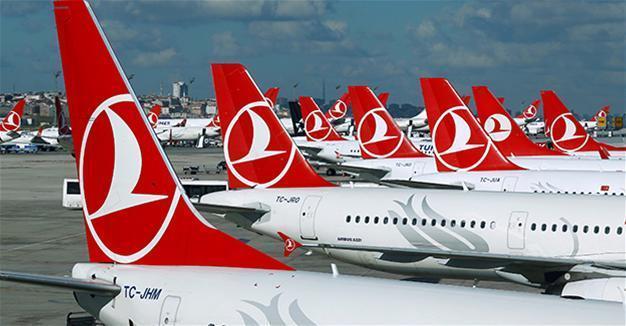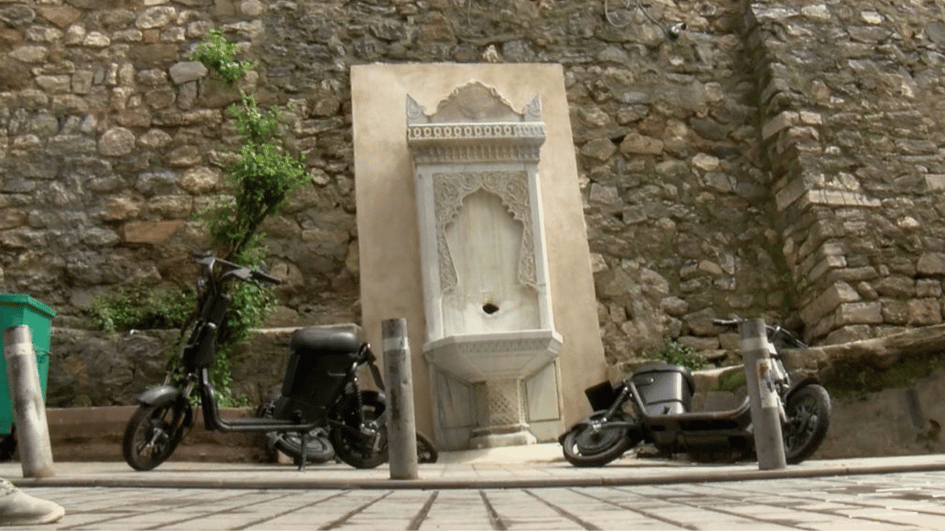Turkish wealth fund more akin to national development bank: S&P
ISTANBUL - Reuters

REUTERS photo
Turkey’s new sovereign wealth fund is more akin to a national development bank, with its design suggesting an effort to create a funding vehicle by leveraging up assets, S&P analyst Frank Gill said on Feb. 10.Turkey has transferred government stakes worth billions of dollars in Turkish Airlines, major banks and fixed-line operator Turk Telekom to the fund set up last year to help finance big-ticket infrastructure projects.
“In this way we regard it as a quasi-fiscal instrument, almost akin to a national development bank, that can be used to finance public spending outside of the central government perimeter,” Gill, Senior Director Sovereigns and International Public Finance EMEA, said in emailed comments to Reuters.
Sovereign wealth funds are generally used by commodity-exporting countries to enable them to save a portion of their large external surpluses to hedge against commodity price falls.
“Turkey doesn’t fit into this category. It does not operate an external surplus; it operates a deficit. Nor is it a commodity exporter,” Gill said.
“So the design of Turkey’s sovereign wealth fund suggests an effort to create a funding vehicle by leveraging up public/private assets,” he said.
At a time when private spending is declining it makes sense to try to increase public investment in infrastructure, as long as the spending is transparent, Gill said.
He said S&P was watching the extent to which the wealth fund would get access to a share of social security system revenues, which it would consider part of central government spending.
But the larger risk to Turkish public finances still stems from the risk of a balance of payments shock that could lead to a sharp decline in domestic spending and a widening of the budgetary deficit, Gill said.
S&P has a “BB” sovereign rating on Turkey after cutting it further into junk territory last year. Last month it cut its outlook to “negative” from “stable,” citing growing constraints on policymakers’ ability to contain inflation and shore up the lira currency, which has seen sharp falls this year.
















